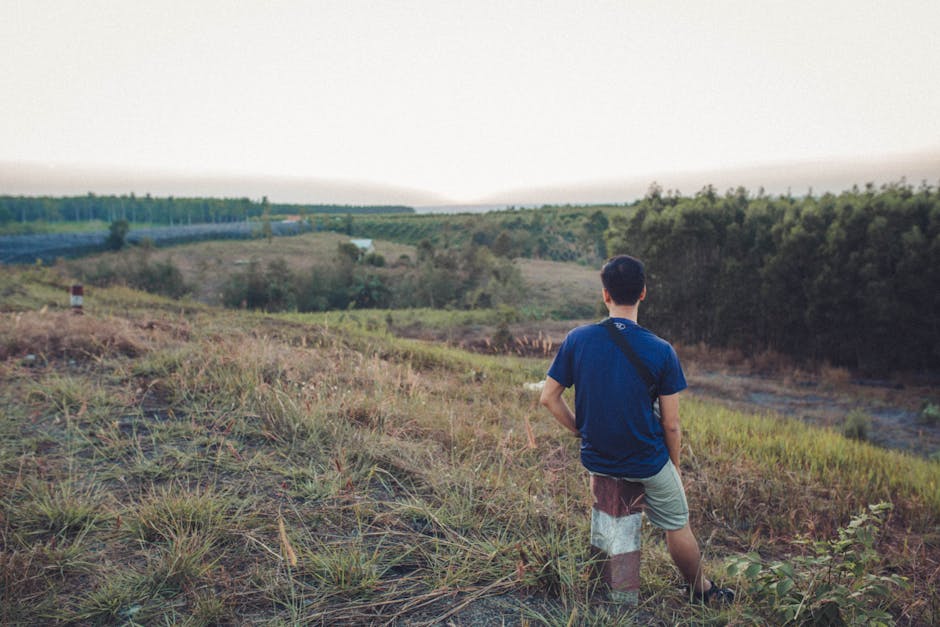Spiritual retreat accommodations are more than just places to rest your head—they are sanctuaries that nurture inner growth, healing, and transformation. At Journey Atlas, we believe that the outer spaces we inhabit deeply influence our inner journeys. Whether you seek tranquility in a remote monastery, the vibrant community of a modern retreat center, or the healing energy of a natural sanctuary, finding the right accommodation can be the catalyst for profound personal change. In this comprehensive guide, we explore the world of spiritual retreat accommodations, helping you discover the perfect setting for your next transformative experience.
Understanding Spiritual Retreat Accommodations
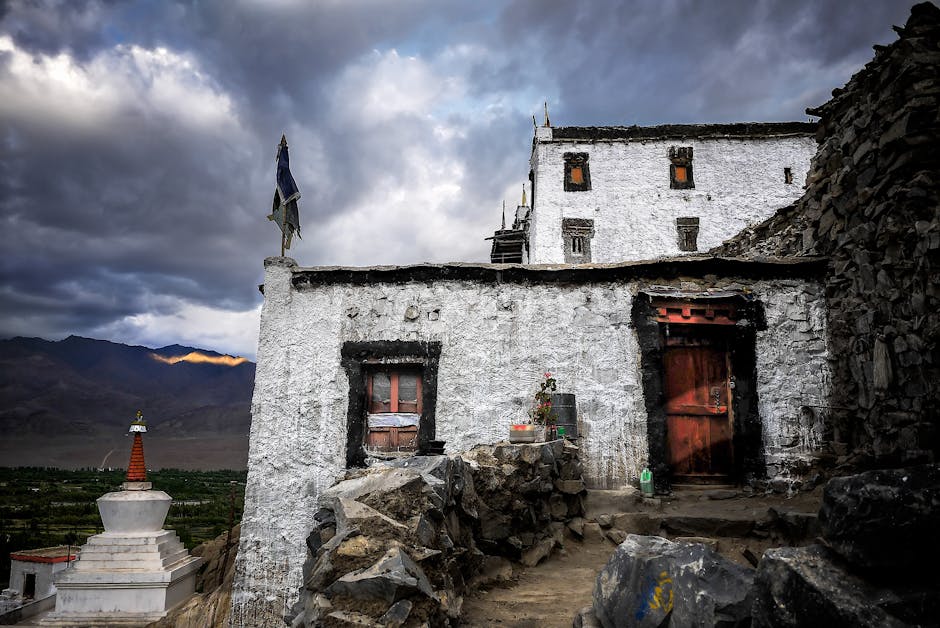
Photo by Simon Berger on Pexels
Spiritual retreat accommodations are intentionally designed environments that support personal growth, self-reflection, and spiritual practice. Unlike traditional hotels or vacation rentals, these spaces prioritize tranquility, mindfulness, and connection to nature or community. From ancient monasteries to contemporary eco-lodges, the spectrum of retreat accommodations is as diverse as the seekers who visit them.
At their core, spiritual retreats offer a pause from daily routines, allowing individuals to turn inward and reconnect with their authentic selves. The accommodation itself plays a pivotal role: serene surroundings, comfortable yet simple amenities, and a nurturing atmosphere all contribute to the transformative power of the retreat experience. Whether you’re drawn to silent meditation, group workshops, or immersive healing ceremonies, the right setting can amplify your intentions and support your journey.
Modern retreat centers often blend traditional wisdom with contemporary comforts. For example, a centuries-old Zen monastery may now offer ergonomic meditation cushions and introductory programs for beginners. Similarly, ashrams and holistic centers may integrate ancient practices with research-backed approaches to stress reduction and well-being. This evolution ensures that timeless teachings remain accessible and relevant in our fast-paced world.
Types of Spiritual Retreat Accommodations

Photo by Mikhail Nilov on Pexels
The world of spiritual retreat accommodations is wonderfully varied, offering something for every preference and intention. Here are some of the most common types you’ll encounter:
- Monasteries and Ashrams: Rooted in centuries-old traditions, these sacred spaces offer structured schedules, communal living, and an emphasis on simplicity. Guests often participate in meditation, prayer, and mindful work alongside resident monks or practitioners.
- Eco-Retreats: Located in pristine natural settings, eco-retreats emphasize sustainability and a deep connection to the environment. Accommodations range from rustic cabins to luxurious lodges, all designed to minimize ecological impact.
- Wellness Resorts: These centers blend spiritual practices with holistic health offerings such as yoga, massage, and plant-based cuisine. Wellness resorts often provide private rooms, spa amenities, and curated programs for relaxation and rejuvenation.
- Community Retreat Centers: Fostering a sense of belonging, these spaces encourage group participation in workshops, ceremonies, and shared meals. Accommodations may include dormitories, shared rooms, or private cottages.
- Remote Sanctuaries: For those seeking deep solitude, remote sanctuaries offer minimal distractions and immersive nature experiences. Think mountain hermitages, desert cabins, or island lodges accessible only by boat or hike.
Each type of accommodation offers unique benefits and challenges. Monasteries may require adherence to strict schedules and silence, while wellness resorts prioritize comfort and individualized care. Eco-retreats and remote sanctuaries immerse you in nature, promoting deep introspection and healing. Consider your intentions, comfort level, and desired level of engagement when choosing the right fit.
Top Destinations for Spiritual Retreat Accommodations
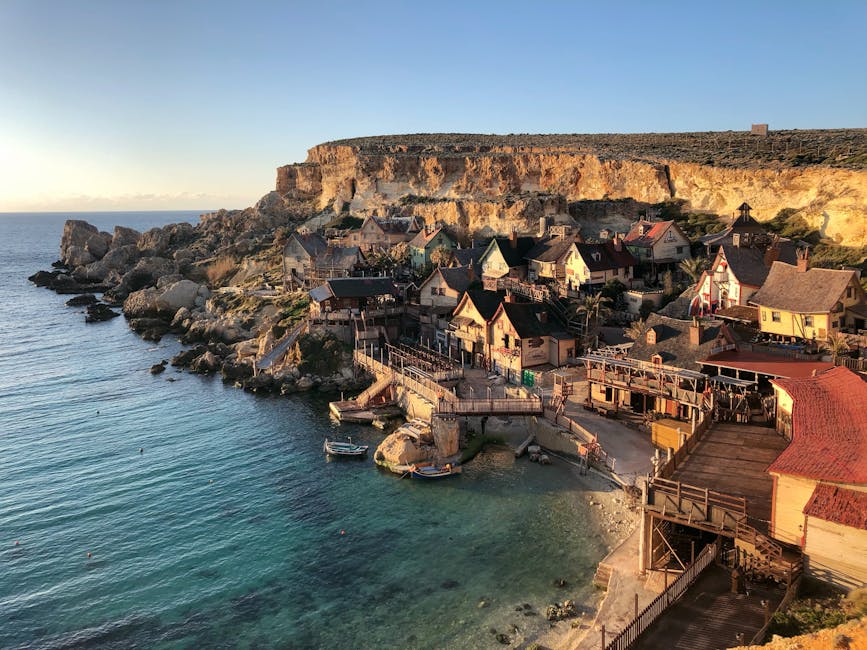
Across the globe, certain destinations have become renowned for their spiritual energy and retreat offerings. Here are some of the most sought-after locations for spiritual retreat accommodations:
- Ubud, Bali: Known for its lush rice terraces and vibrant spiritual community, Ubud offers a wealth of yoga retreats, meditation centers, and holistic resorts. Accommodations range from open-air bamboo villas to luxurious wellness sanctuaries.
- Plum Village, France: Founded by Zen master Thich Nhat Hanh, Plum Village is a mindfulness center set amidst vineyards and rolling hills. Guests can stay in dorms or private rooms, sharing silent meals and daily meditations with monks and nuns.
- Osa Peninsula, Costa Rica: This biodiverse region is home to eco-retreats like Blue Osa Beach Resort, where yoga, nature immersion, and farm-to-table cuisine nourish body and soul.
- Gaia Sagrada, Ecuador: Nestled in the Andes, this retreat center specializes in plant medicine ceremonies, offering dorms, private rooms, and vegetarian meals grown onsite.
- Camino de Santiago, Spain: Pilgrims walking this ancient route can find spiritual hostels, monasteries, and guesthouses that support both physical rest and inner reflection.
- Pocono Mountains, USA: The Himalayan Institute offers yoga, meditation, and wellness programs on a sprawling campus designed for deep rejuvenation.
These destinations are just the beginning. From desert hermitages to forest monasteries, the world is full of sacred spaces waiting to be discovered. When choosing a destination, consider the local culture, climate, and accessibility, as well as your own spiritual lineage or curiosity.
What to Expect: Amenities, Atmosphere, and Daily Life
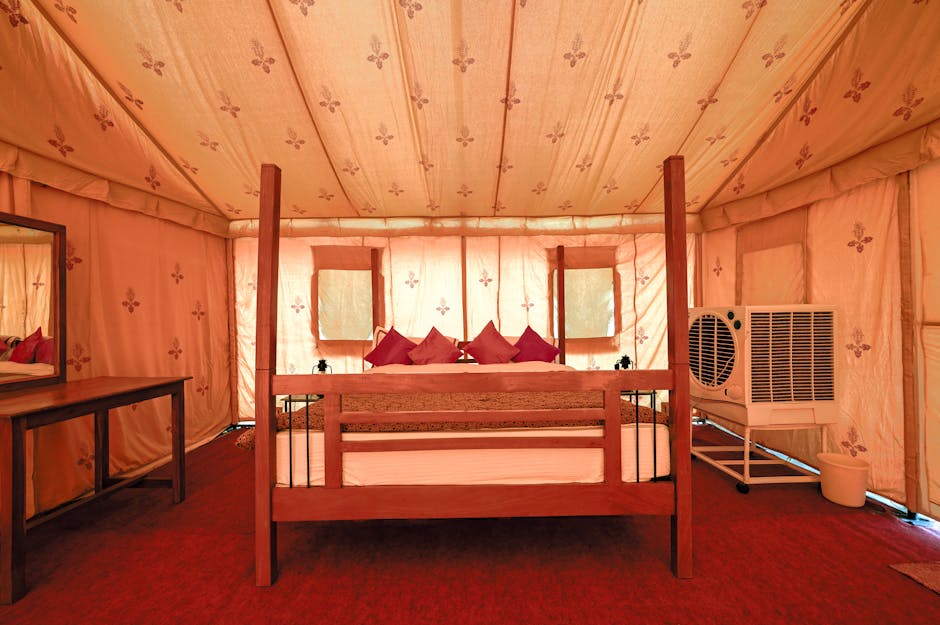
Photo by Prince Desert Camp on Pexels
Spiritual retreat accommodations prioritize simplicity, comfort, and an atmosphere conducive to inner work. While amenities vary widely, most centers share common features:
- Simple, Clean Rooms: Whether a private suite or a shared dorm, rooms are typically uncluttered, with minimal distractions to support mindfulness and rest.
- Communal Spaces: Meditation halls, gardens, libraries, and dining areas foster connection and reflection.
- Nutritious Meals: Many retreats serve vegetarian or plant-based cuisine, often sourced locally or grown onsite. Meals may be shared in silence to deepen awareness.
- Guided Practices: Daily schedules often include meditation, yoga, mindful movement, or workshops led by experienced facilitators.
- Nature Access: Many accommodations are set in beautiful natural surroundings, with trails, gardens, or water features inviting contemplation.
- Supportive Community: Whether through group activities or shared silence, the sense of belonging can be a powerful catalyst for transformation.
Daily life at a spiritual retreat is typically structured yet flexible. Some centers maintain strict schedules with early morning meditations and periods of silence, while others offer more freedom to design your own experience. Regardless of the format, the emphasis is on presence, intention, and respect for yourself and others.
How to Choose the Right Spiritual Retreat Accommodation

Photo by Liza Summer on Pexels
Selecting the ideal retreat accommodation is a deeply personal process. Here are some factors to consider as you embark on your search:
- Intention: Are you seeking solitude, community, healing, or learning? Clarify your goals to guide your choice.
- Location: Do you feel drawn to the mountains, forest, ocean, or a particular spiritual tradition? The natural environment can greatly influence your experience.
- Duration and Budget: Retreats range from weekend immersions to months-long stays. Consider your time commitment and financial resources, noting that some centers offer scholarships or work-exchange options.
- Facilities and Accessibility: Assess your comfort needs—private room or shared dorm, en suite bath or communal facilities. Also consider accessibility for mobility or dietary requirements.
- Program Structure: Do you prefer a guided program or unstructured time? Some retreats offer intensive schedules, while others allow for self-directed practice.
- Teacher or Facilitator: Research the background and approach of the retreat leaders. Resonance with their philosophy and style can enhance your experience.
Take time to read reviews, reach out to retreat centers with questions, and trust your intuition. Ultimately, the right accommodation is one that feels safe, inspiring, and aligned with your unique path.
Preparing for Your Spiritual Retreat Stay
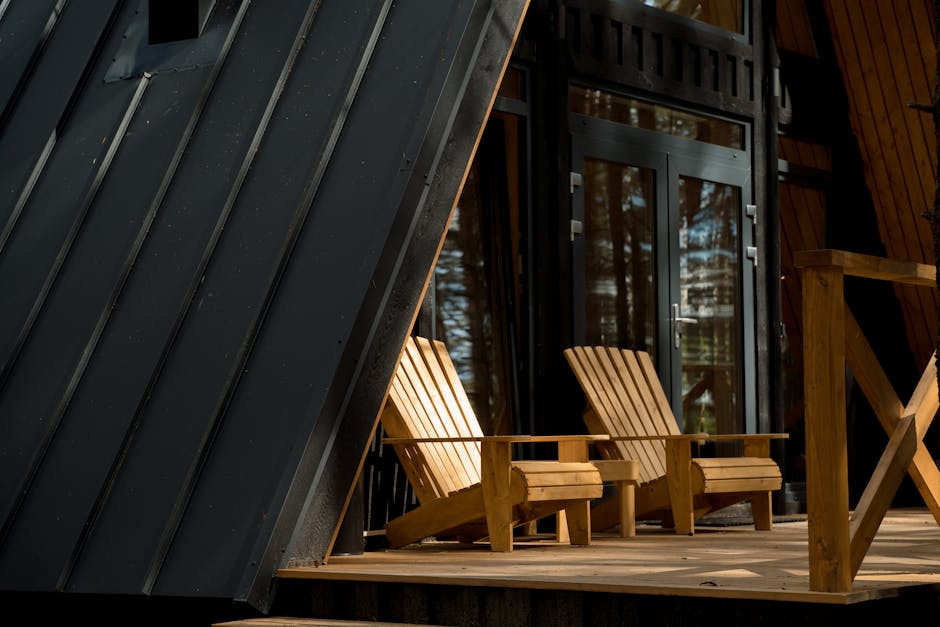
A successful retreat begins long before you arrive. Thoughtful preparation can help you make the most of your time away:
- Set Clear Intentions: Reflect on what you hope to gain from the experience. Write down your intentions and revisit them throughout your stay.
- Pack Mindfully: Bring comfortable clothing, a journal, and any personal items that support your practice. Many retreats provide linens and basic toiletries, but check in advance.
- Disconnect from Technology: Prepare to limit phone and internet use. Notify loved ones of your plans and set boundaries to minimize distractions.
- Arrange Logistics: Confirm travel plans, directions, and check-in procedures. If you have dietary or accessibility needs, communicate them early.
- Open to the Unknown: Approach the retreat with curiosity and a willingness to embrace discomfort or unfamiliar practices. Growth often happens at the edge of our comfort zones.
Remember, the retreat is a gift you give yourself—a rare opportunity to pause, recharge, and realign with your deepest values.
Integrating the Retreat Experience Into Daily Life

The true impact of a spiritual retreat is felt long after you return home. Integration is the process of weaving insights and practices from your retreat into everyday life:
- Establish Daily Rituals: Continue meditation, mindful movement, or journaling practices that resonated with you during the retreat.
- Create Sacred Space: Designate a quiet corner in your home for reflection or practice, using objects or reminders from your retreat.
- Stay Connected: Maintain relationships with fellow retreat participants or teachers for ongoing support and inspiration.
- Practice Compassion: Bring the qualities of presence, kindness, and non-judgment cultivated on retreat into your interactions with others.
- Be Patient: Integration is a gradual process. Allow yourself time to adjust and revisit your intentions as needed.
By intentionally carrying the retreat energy into your daily routine, you honor the inner journey and sustain the transformation sparked by your time away.
Conclusion: Your Inner Journey Begins With the Right Accommodation

Photo by Mario Cuadros on Pexels
Choosing the right spiritual retreat accommodation is a powerful act of self-care and devotion. These sacred spaces—whether nestled in the mountains, hidden in a forest, or pulsing with community energy—hold the potential to catalyze deep healing and growth. As you explore the world of spiritual retreat accommodations, remember that the outer journey is always a mirror for the inner one. Trust your intuition, honor your intentions, and allow your chosen sanctuary to support the unfolding of your unique path. At Journey Atlas, we celebrate the courage it takes to embark on these inner journeys through outer travels, and we wish you a transformative retreat experience wherever you go.
Sources
- https://retreat.guru/be/spiritual-retreats
- https://thetravellinglight.com/Spiritual-Retreats-and-Destinations-for-Modern-Pilgrims
- https://www.retreatfinder.com
- https://retreat.guru
- https://himalayaninstitute.org
